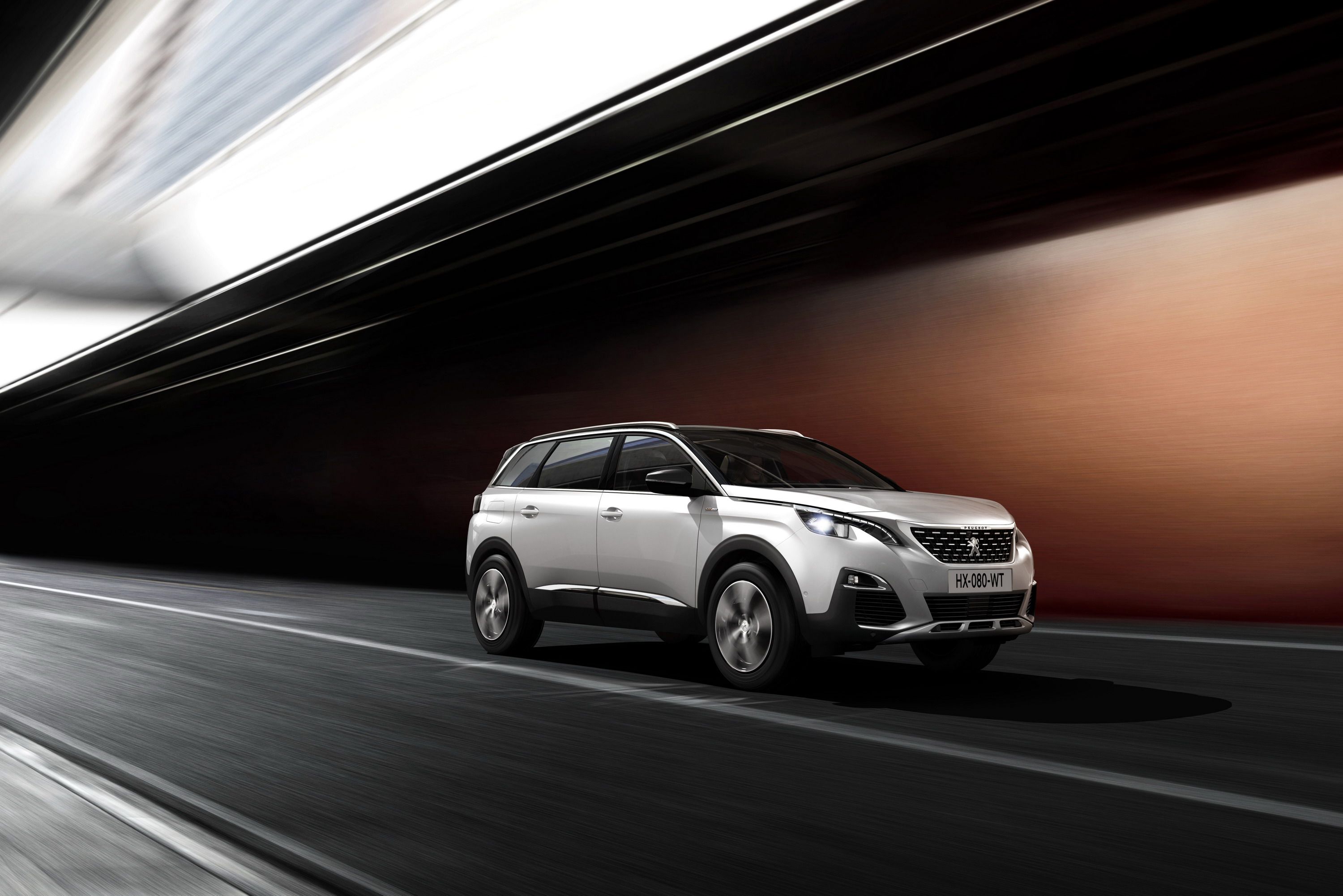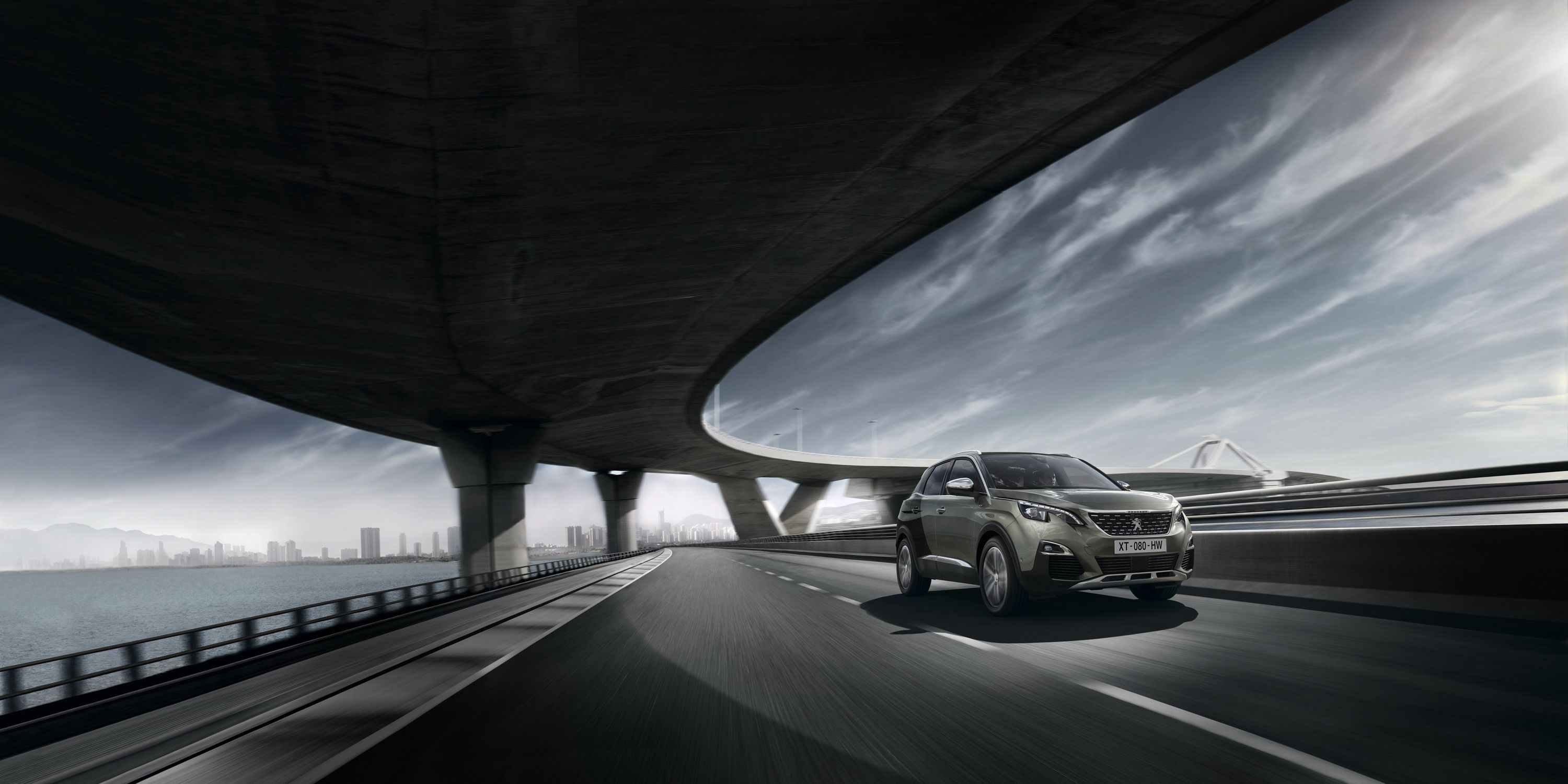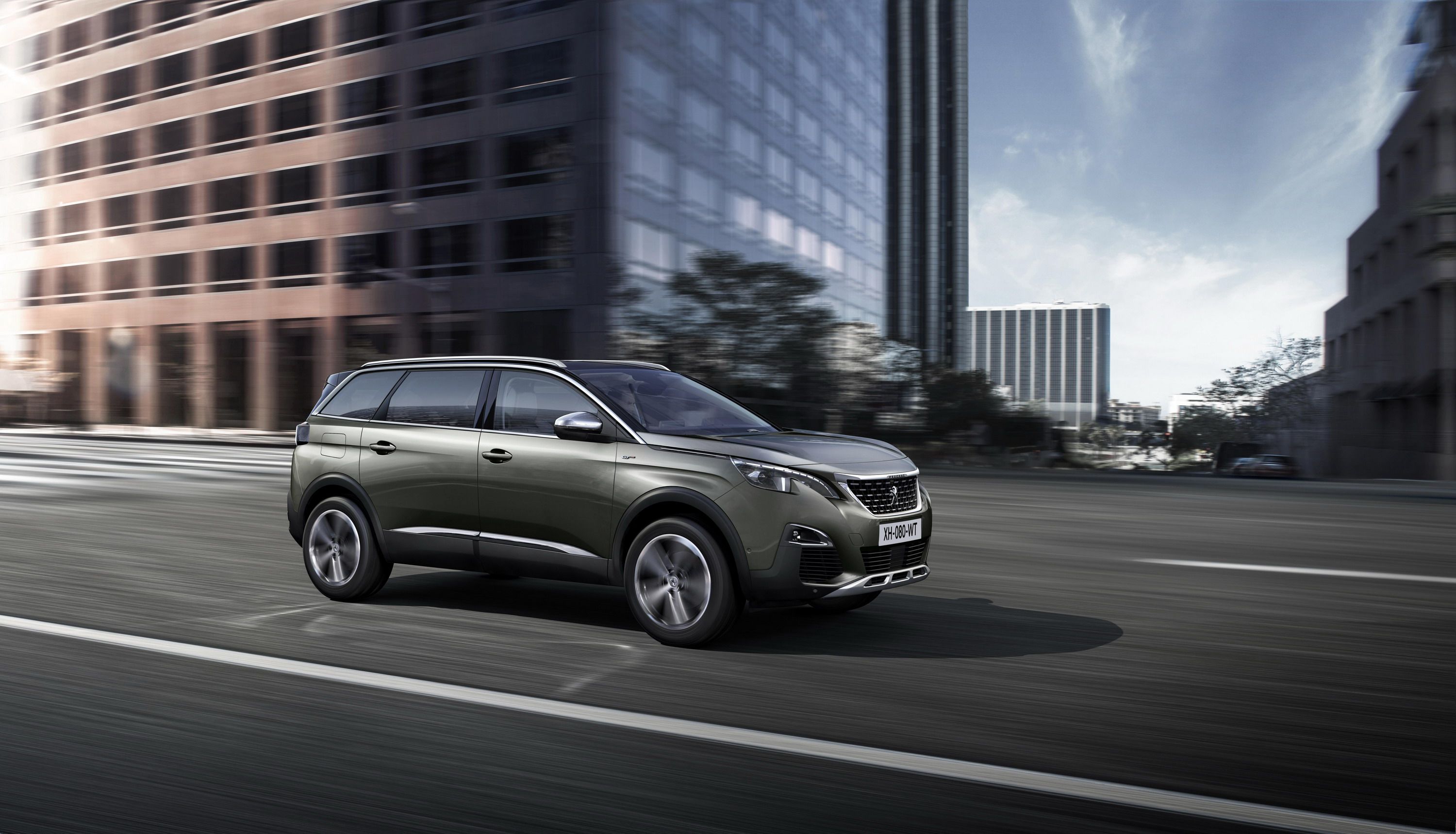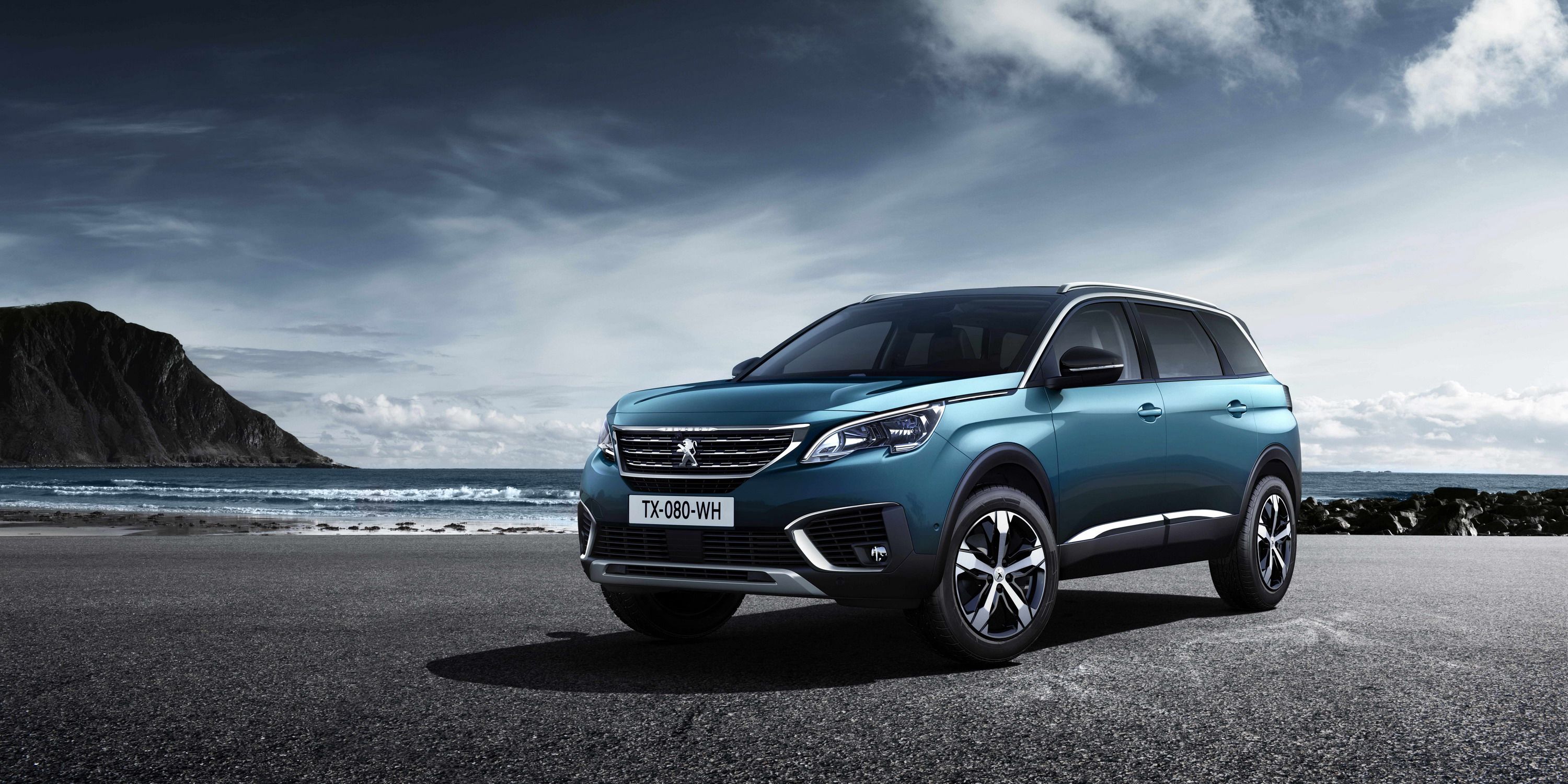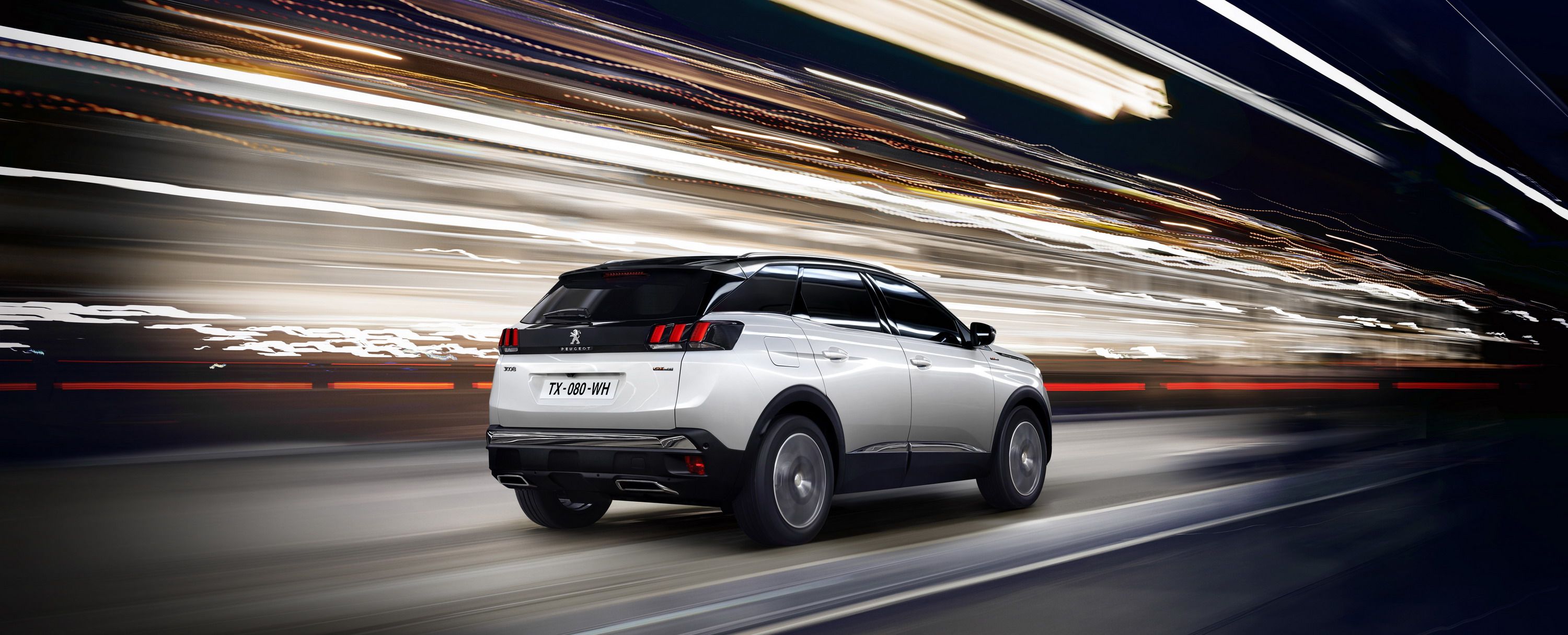After exiting the U.S. market in 1991, PSA Group is eyeing a strong comeback. Larry Dominique, CEO of PSA Group North America, revealed that the company is seriously looking to re-establish itself in the U.S. again. In fact, the company has already started setting up their corporate office in Georgia, Atlanta. Are they a tad bit late, given how the trade war is picking up heat?
Which Are The Lucky 15 States?
Cutting straight to the chase, the states Larry named are California, Texas, Florida, New York, Illinois, New Hampshire, New Jersey, Arizona, Washington, Massachusetts, Virginia, North Carolina, Georgia, and Maryland. The 15th state was left for us to figure out. The reasons for selecting these states are their import-friendly policies. The Group also plans to tap into four Canadian provinces; namely Quebec, Alberta, Ontario, and British Columbia.
The U.S. Government Holds a ‘Trump’ Card
President Donald Trump threatened 25-percent tariff on imported cars, which would mess up PSA’s calculations to quite an extent. Dominique said that the "Tariffs impact how fast and at what price point we import vehicles into the U.S. But due to a successful free-trade deal Canada has with the European Union, Canadian PSA imports would face fewer hurdles.” If imposed, would the customers be okay spending 25-percent extra for these European cars?
Man With A Plan
Other than selling cars, the company wants to start a ride-sharing service as well. Larry Dominique stated that a key element of PSA’s strategy is to expand its ride-sharing service - Free2Move – which was set into action in Seattle back in 2017. The company plans to lease a large number of vehicles from a rival manufacturer to allow the service to function in the beginning and help itself re-establish its presence. In the long run, PSA Group plans to operate the ride-sharing service with its own vehicles. Are these things really meant to be said out loud, especially when you’re just about to have a fresh start?
Our Take
PSA’s future seems to be under dark clouds. The company was all set to return, and the U.S. government threatened to crack its whip. The plan, however, is to have the vehicles on the roads from 2026. Can PSA tackle this obstacle, or will it succumb to the new import policies?
Hypothetically speaking, if the tariff is actually implemented, would you pay the extra premium for a brand that went into exile in the last millennium? Let us know in the comments section below.
References
Read more Peugeot news.
Read more Citroen news.

